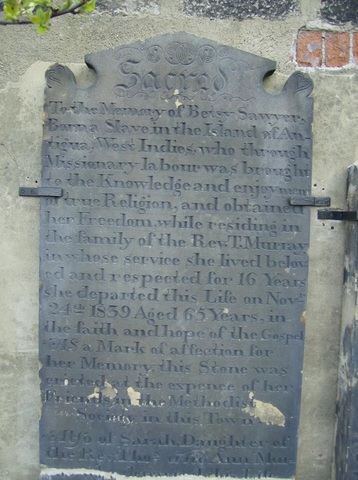Fri-dea 1: Revising knowledge and chronology through "match reports"
During CBT days last week I set my Year 9 classes the task of summing up the events of the Cold War that we have looked at so far in a sports/ football match commentary. The aim was that they could revise and consolidate everything they have looked at over the last few weeks, and also decide at each point which superpower could be said to have "scored a point/goal".
I also thought it would be useful for them to consider chronology, because we've jumped around a bit in the last few lessons. I've taken their books in to mark today and what they have come up with has by far exceeded my expectations. They were able to use their knowledge really cleverly to make some brilliant, and creative reports. Here is an example in which the student is describing the Berlin Airlift:
"The Americans go flying over the top of the reds, a defiant goal for the blues!"
Maybe, more importantly than being really impressed at what they've produced, reading their reports is certainly making marking much more entertaining for me!
Fri-dea 2: A game of chicken with this egg-cellent approach to understanding MAD
My Year 9s have recently been studying mutually assured destruction (MAD) in the context of the Cold War. We were about to move on and look at the Cuban Missile Crisis. However, when I marked their homework ("overall did MAD make the world safer?") they had ALL argued that it did! This made me wonder if they had failed to grasp the implications of MAD , particularly that the USA and USSR both had highly destructive weapons [nice focus on the substantive concept here - Mr F].
To help demonstrate the implications and dangers of the MAD situation and the fact that there are no guarantees in nuclear war, I tried to make the concept a bit more accessible. I invited a "brave volunteer" to join me at the front and play the part of the USSR to my USA. I then produced a box of eggs and held an egg over the student's head, and armed them with an egg also to hold over mine. The class loved it, and were very much encouraging their class-mate to egg me. We then had a discussion (eggs still suspended) about what the guarantees were (or weren't) in this situation, and how safe everyone ought to feel. I also acted out being very nervous, egg-agerating (groan) [Omlettin' this slide] being in a dilemma over whether I should get in there first and drop my egg.
Thankfully I avoided an egging, but the activity had meant that when we went on to look at the Cuban Missile Crisis, the class seemed to really appreciate the tension and danger of the situation, and that there were no guarantees. They thankfully lost the modern mind-set and benefit of hindsight that had been hindering them, and they were certainly engaged in the lesson! [A really nice use of an accessible demonstration to help make the abstract more concrete here. Importantly this is linked back to the core content really well. Cracking! *sorry*]


 RSS Feed
RSS Feed
